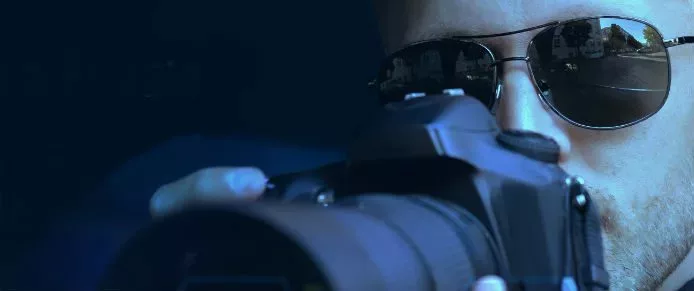

This article explains how to get a private investigator license in any state in the United States of America. It includes a general overview of the private investigation profession, a state-by-state listing of licensing authorities, state contact information, and website links. In addition, it includes helpful advice on the application process, how to join an association, where to find training, and much more.
A licensed private investigator is sometimes called a P.I., detective, gumshoe, investigator, and sometimes even a spy. Generally, the terms refer to someone who uncovers facts and information, finds missing persons, and gathers evidence. Usually, professionals in this industry do so at the request of a citizen or a company for which they are employed.
Often, detectives work for attorneys and lawyers in civil and criminal court cases. In addition, many professional investigators work for insurance companies to investigate suspicious or fraudulent insurance claims.
Often, states require PIs to be licensed, and some may be permitted to carry firearms (guns) depending on local and state laws. Sometimes, detectives have prior military experience, and many work as police officers or law enforcement officials. Due to the nature of their work, PIs keep detailed notes and records during each case and often testify in court regarding their observations on behalf of their clients.
In many cases, detectives work irregular hours, especially when conducting surveillance (e.g., sitting outside a subject’s house during early morning hours hoping to get a photograph or video of their activity).

Conveniently, all the information in this section is available in my handy eBook, “The Private Investigator’s Licensing Handbook. The eBook, available at Amazon.com for just $3.69 (the paperback is available for $14.95), explains how to get an investigator license in any state. In addition, it includes an overview of the profession, general information on training and education, and advice for starting your business. Also, the book includes a state-by-state listing of private investigation industry associations. Plus, it has a helpful section on how to get your business up and running.
Often, spouses hire professional investigators to obtain proof of adultery or other illegal conduct to establish grounds for a divorce. Collecting evidence of adultery or other bad behavior by cheating spouses and partners is among the most common and profitable services.
Also, PIs provide process serving, which is the delivery of subpoenas and other legal documents to people involved in a legal case. People who work in this capacity are known as process servers. However, they are not required to be an investigator to do so.
Many detective agencies specialize in a particular field of expertise. For example, some agencies only deal with skip tracing related to finding missing persons or tracking down debtors.
Other professionals may specialize in technical surveillance countermeasures. This involves locating and dealing with unwanted electronic surveillance devices, such as electronic bugs, in a corporate boardroom for industrial espionage purposes.
Increasingly, detectives prefer to be known as “professional investigators.” This is partly a response to the sometimes negative image of the P.I. profession and an effort to establish the industry as a fair and respectable trade.
The U.S. Department of Labor, Bureau of Labor Statistics, publishes an article in the Occupational Outlook Handbook for Private Detectives and Investigators. Accordingly, the annual article describes the nature of the work, working conditions, qualifications, employment, training and advancement, earnings, job outlook, and related occupations. This is a great place to begin if you want to become a professional detective.
Here are some recommendations to help you learn more about the profession:
Following is a state-by-state listing of contact information for obtaining a license and links to verify licensing credentials. Remember, some states don’t require a license specifically for private investigations. However, they may require business credentials, permits, or other legal requirements such as training or professional certifications. In addition, states may require individuals to pass an exam or complete a series of educational courses. So, if you conduct business in more than one state, you should consider getting a license in each state.